Analytical thinking Normal Worksheets for Ages 4-7
6 filtered results
-
From - To
Enhance your child's analytical thinking skills with our engaging Normal Worksheets for ages 4-7. Designed for early learners, these worksheets encourage critical thinking and problem-solving through fun activities like pattern recognition, categorization, and logical reasoning. Our carefully crafted exercises promote cognitive development while keeping young minds entertained. Perfect for parents and educators, these resources help nurture curiosity and a love for learning. Explore a variety of printable worksheets that cater to different learning styles, ensuring every child can thrive. Start building a strong foundation in analytical thinking today with our interactive and educational materials!
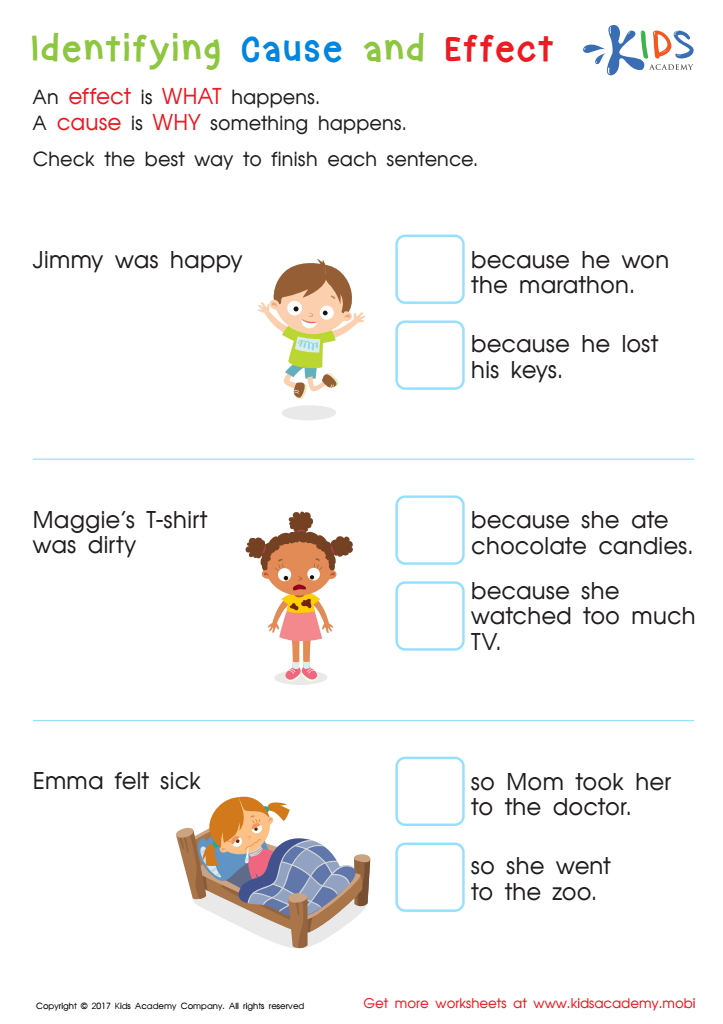

Indentifying Cause and Effect Worksheet


The 5 Sense Scientist Worksheet
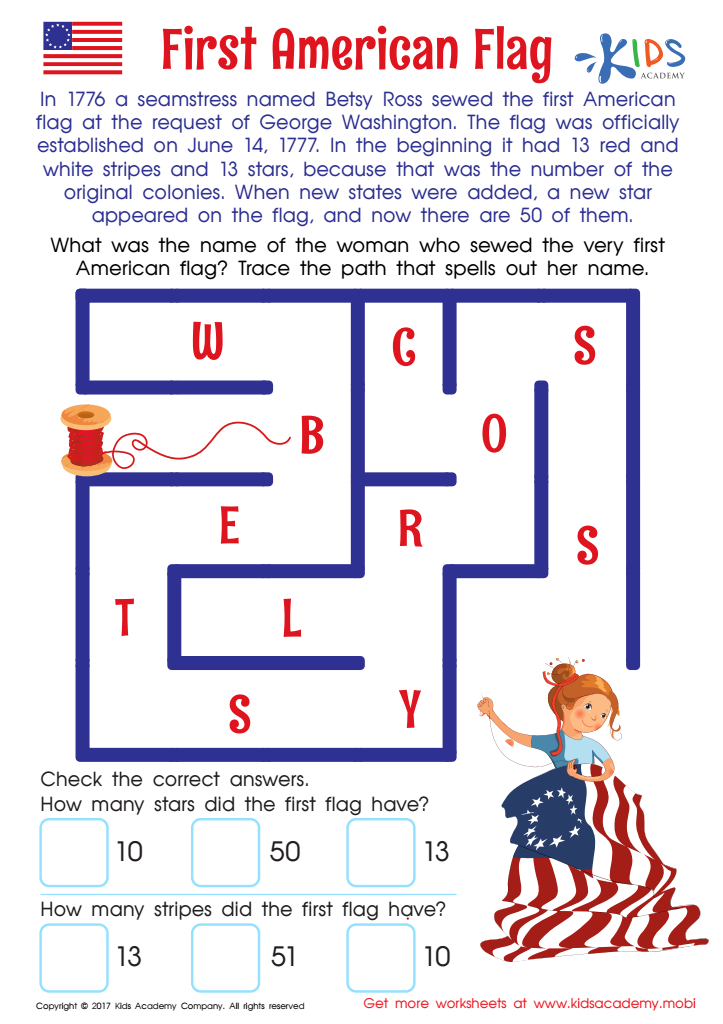

First American Flag Worksheet
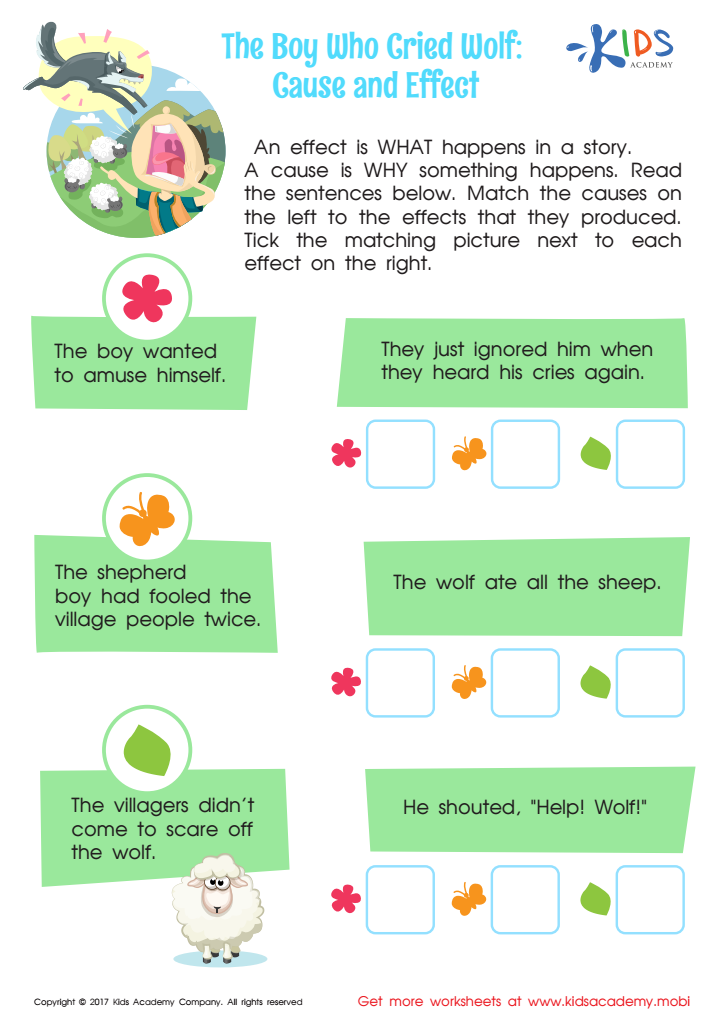

The Boy Who Cried Wolf: Cause and Effect Worksheet


Logic Game Sorting Worksheet
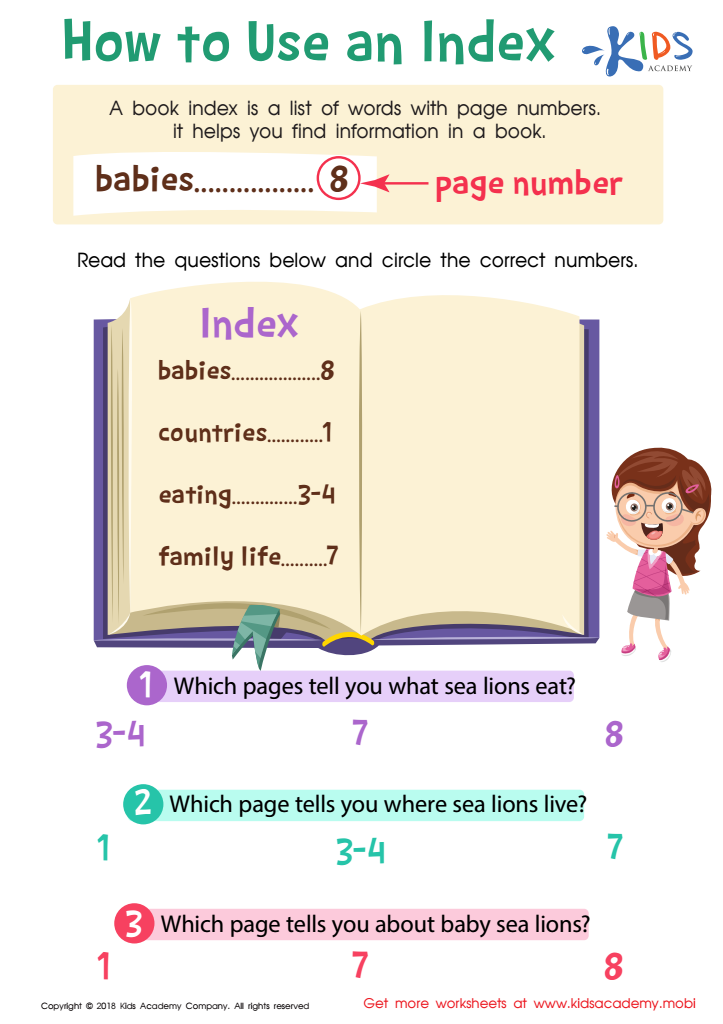

How Use Index Worksheet
Analytical thinking is a crucial skill for children aged 4 to 7, as it lays the foundation for their cognitive development. During this formative stage, children begin to make sense of the world around them, and analytical thinking helps them evaluate information critically. When parents and teachers nurture these skills, children learn to identify patterns, break down complex problems, and draw logical conclusions.
Encouraging analytical thinking fosters curiosity and encourages a love for learning. As children explore different possibilities and outcomes, they develop resilience and problem-solving abilities, which are essential for future academic success. Additionally, strong analytical skills enable children to comprehend and communicate their thoughts more effectively, leading to improved interpersonal skills.
Incorporating analytical activities—such as puzzles, storytelling, and discussions—into everyday learning fosters creativity and innovative thinking. Parents and teachers play a vital role as models, reinforcing these skills through dynamic interactions and engaging opportunities. Ultimately, by prioritizing analytical thinking in early education, adults empower children to navigate challenges confidently, equipping them with essential life skills that will benefit their academic journey and personal growth.
 Assign to My Students
Assign to My Students


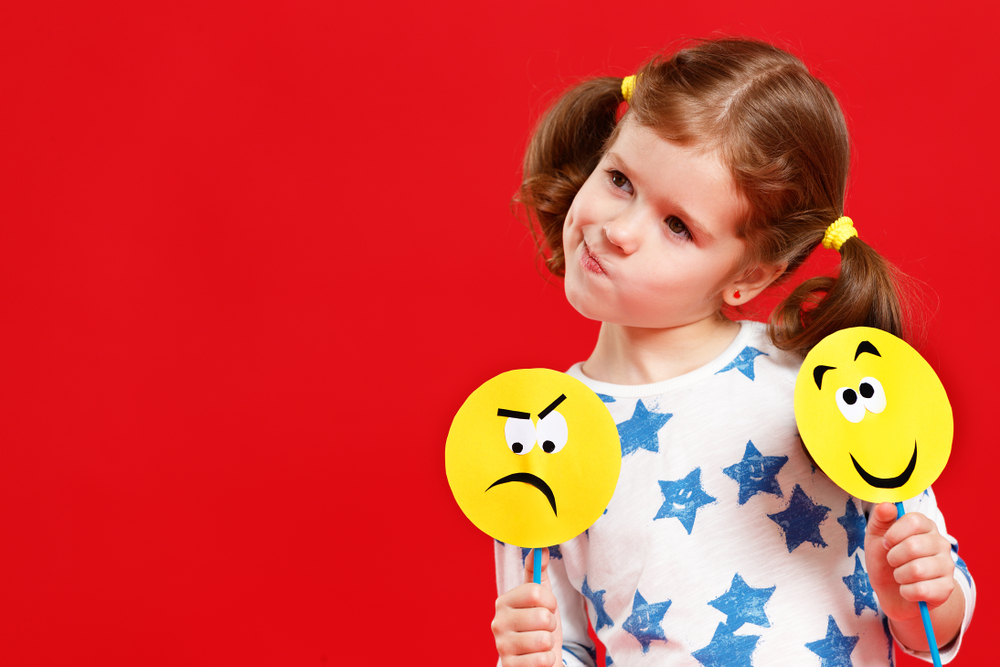


.jpg)









